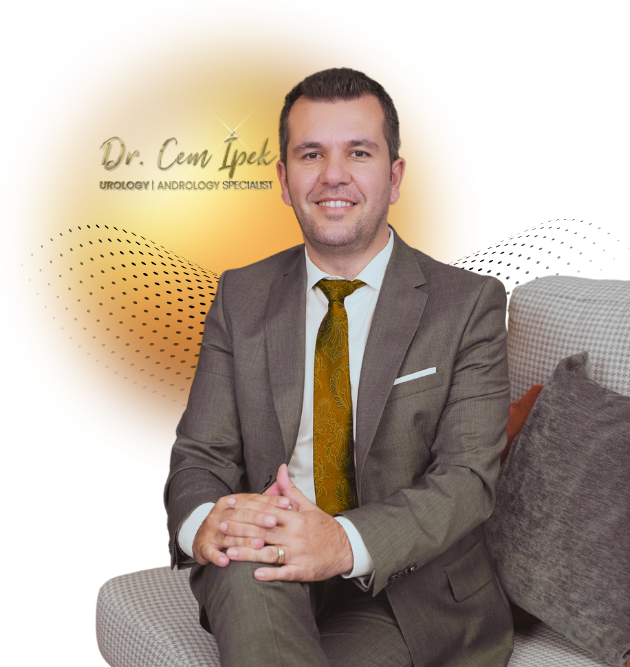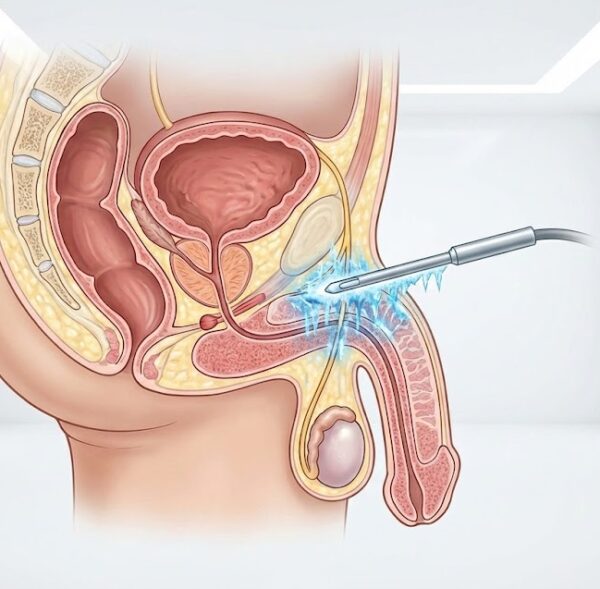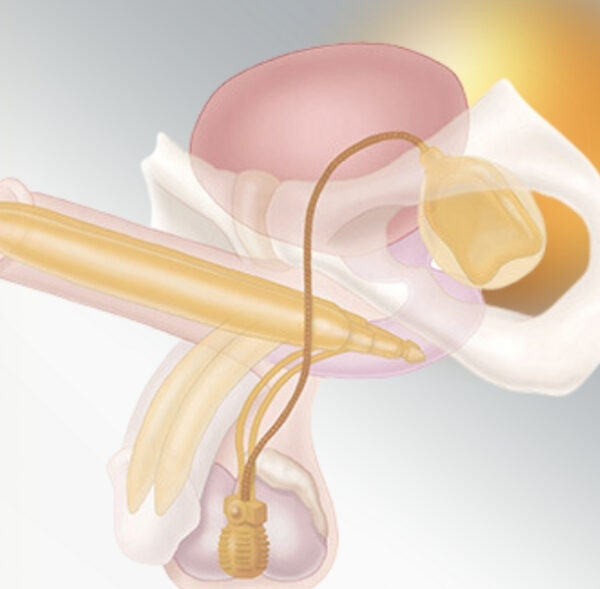Type Of Anesthesia
Processing Time
Discharge Time
Activity Start

Sexual Desire Disorders
Male sexual desire disorder is a common problem, affecting approximately 20% of men.
We examine our patients who experience sexual desire problems and start the treatment process. We take the necessary steps to identify the root cause of the problem and apply appropriate treatment methods.
It is important to seek professional support when encountering such issues. If the problem is not resolved, it can lead to sexual problems and functional issues in the partner. When male sexual desire disorder persists, it should be considered that this situation can negatively affect the overall quality of life and relationships.
Causes of Sexual Desire Disorders
Sexual desire disorder can be caused by many different reasons and can arise depending on factors that vary from person to person. Common causes of sexual desire disorder include:
- Psychological Factors: Psychological conditions such as stress, anxiety, and depression can lead to sexual desire disorder. Work and relationship issues, as well as past traumatic experiences, can also be effective.
- Emotional Factors: Lack of emotional connection, communication problems with the partner, lack of trust in the relationship, or a decrease in emotional closeness can play a role in sexual desire disorder.
- Physical Health Issues: Chronic diseases (e.g., diabetes, cardiovascular diseases), hormonal imbalances (e.g., testosterone deficiency), obesity, side effects of medications (e.g., antidepressants, blood pressure medications), and insomnia can contribute to sexual desire disorder.
- Aging: Hormonal changes and decreased physical activity with aging can increase sexual desire disorder.
- Environmental Factors: Working conditions, job stress, and urban life can increase the risk of sexual desire disorder.
- Behavioral and Cultural Factors: Incorrect beliefs about sexuality or cultural norms can cause sexual desire disorder.
Types of Male Sexual Desire Disorders
Male sexual desire disorder is generally classified into two main types: primary sexual desire disorder and secondary sexual desire disorder.
Primary Sexual Desire Disorder
In this case, the individual experiences sexual desire disorder throughout their life. That is, the person consistently has low or no desire for sexual activity. This condition is usually psychological, emotional, or biological in origin. For example, past sexual traumas, lack of sexual education, and uncertainties related to sexual orientation can cause this type of desire disorder.
Secondary Sexual Desire Disorder
Secondary sexual desire disorder is when a person who previously had a normal level of sexual desire and activity experiences a decrease or loss of desire. This condition can arise due to factors such as stress, relationship problems, physical health issues, or hormonal changes. For example, work stress, disagreements with a partner, and chronic diseases can lead to secondary sexual desire disorder.
In both types of sexual desire disorder, it is important for men to seek professional help to identify the root cause and evaluate appropriate treatment options. Because sexual desire disorder can have many underlying factors and requires a personalized treatment approach.
Problems Caused by Sexual Desire Disorder
Sexual desire disorder is a condition that can have significant effects on individuals. Firstly, it leads to a noticeable decrease or lack of sexual activity in one’s life. This situation can cause the individual to feel sexually deficient or inadequate, thereby reducing self-esteem and confidence. Emotional and physical intimacy with the partner may decrease in relationships. Lack of understanding and communication issues may arise in the relationship. Sexual desire disorder can also cause confusion or feelings of rejection in the partner, leading to tensions and conflicts in the relationship. Long-term sexual desire disorder can weaken the connection between couples and create emotional dissatisfaction. For these reasons, it is important for individuals and couples experiencing sexual desire disorder to take this condition seriously and seek professional help if necessary.








